While famous destinations often steal the spotlight, some of the world’s smallest nations offer extraordinary experiences without the crowds. These compact countries pack impressive diversity into their borders, from pristine nature reserves to rich cultural heritage.
Their smaller size often allows visitors to experience more authentic local connections and unique adventures that larger countries can’t provide. Here is a list of 20 remarkable small countries that deserve more attention from travelers, each offering distinctive experiences that make them worthy of your travel plans.
Vanuatu
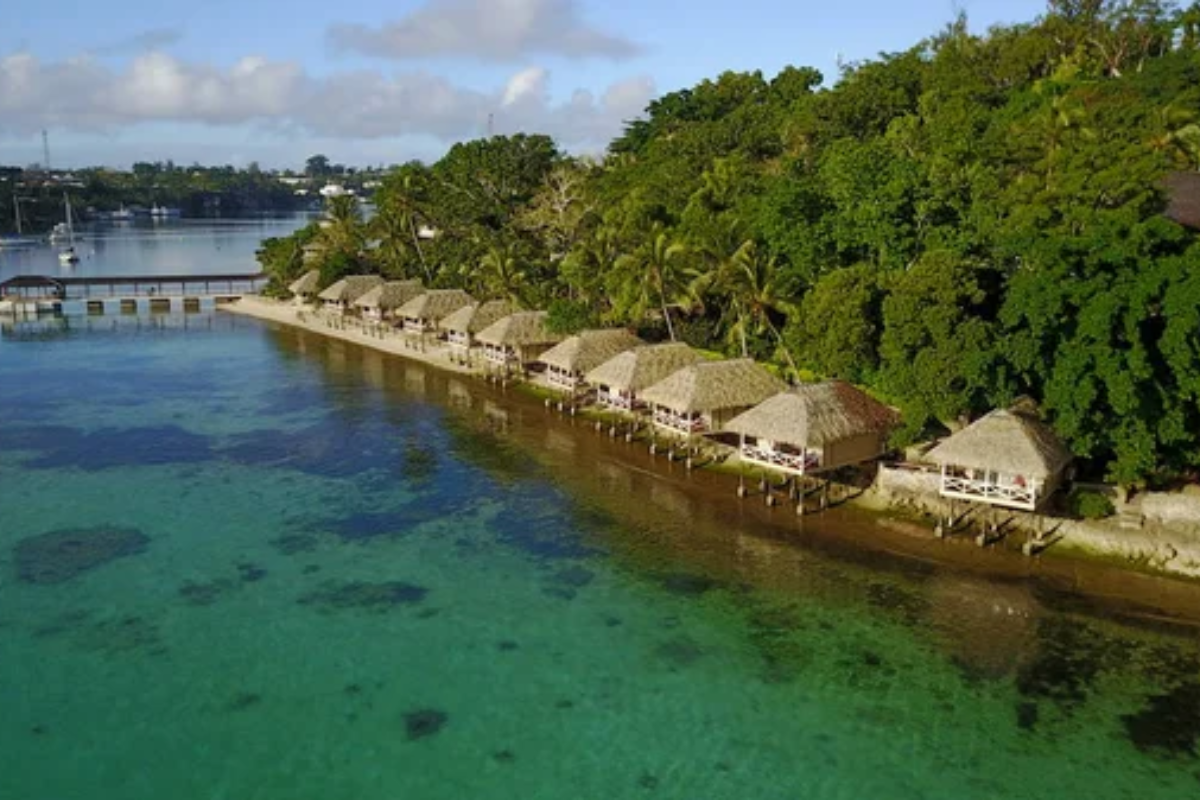
This South Pacific nation comprises 83 islands that combine active volcanoes with pristine beaches and rich indigenous culture. Local communities maintain strong traditional customs, including remarkable land diving ceremonies that inspired modern bungee jumping.
The crystal-clear waters host some of the world’s most accessible shipwreck dives, including the SS President Coolidge from World War II. The capital, Port Vila, features a vibrant market where locals sell fresh produce and handcrafted goods from across the archipelago.
The nation’s unique blend of Melanesian traditions and French colonial influence creates distinctive cuisine and architecture.
Brunei
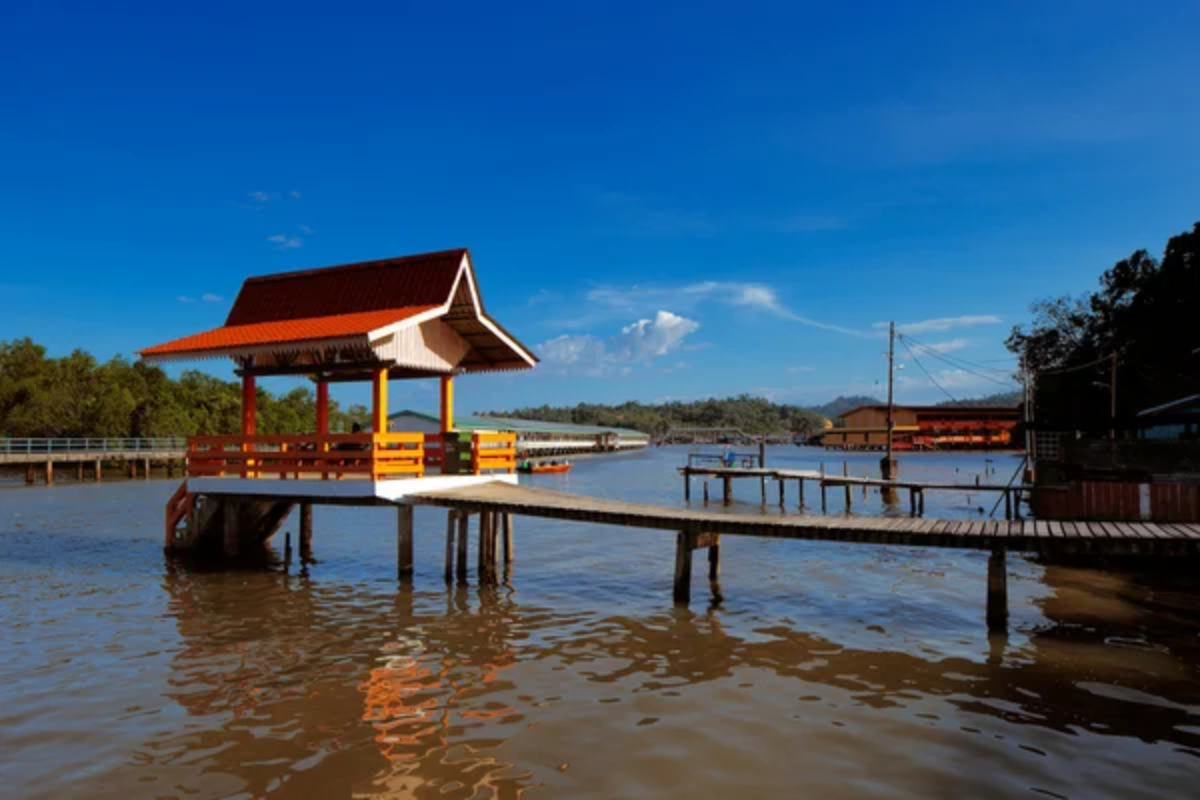
This tiny sultanate on Borneo’s north coast preserves both pristine rainforests and opulent Islamic architecture. The capital features the world’s largest residential palace and mosques decorated with Italian marble and gold leaf.
Nearly 70% of the country remains covered in pristine rainforest, home to proboscis monkeys and hornbills. Traditional water villages still house thousands of residents in homes built on stilts over the Brunei River.
The nation’s strict Islamic laws create one of the world’s most peaceful and orderly societies.
Like Travel Pug’s content? Follow us on MSN.
Comoros
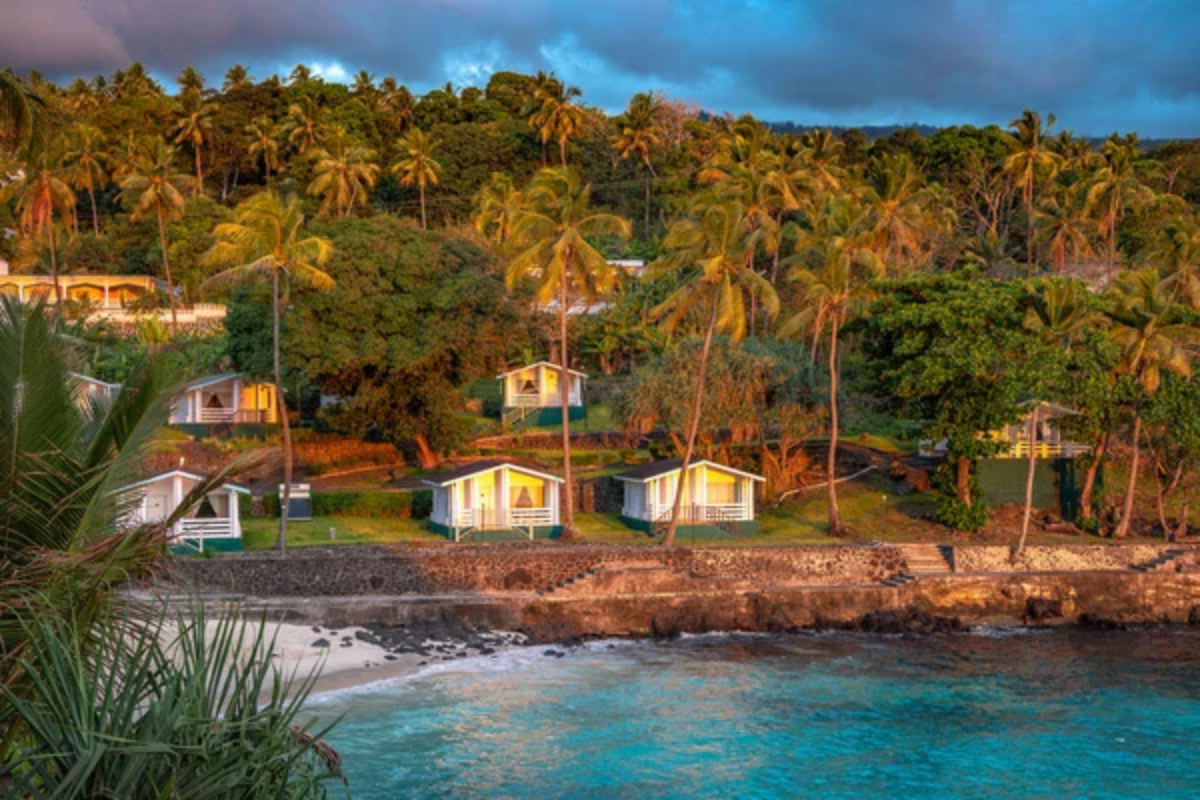
This volcanic archipelago between Madagascar and mainland Africa blends African, Arabic, and French influences into a unique cultural fusion. The islands produce nearly 60% of the world’s ylang-ylang essence, used in premium perfumes and cosmetics.
Traditional grand marriage ceremonies can last for weeks and feature elaborate displays of wealth and culture. The nation’s waters host rare coelacanths, prehistoric fish once thought extinct for millions of years.
Each island maintains distinctive traditions and dialects while sharing a common cultural heritage.
Liechtenstein
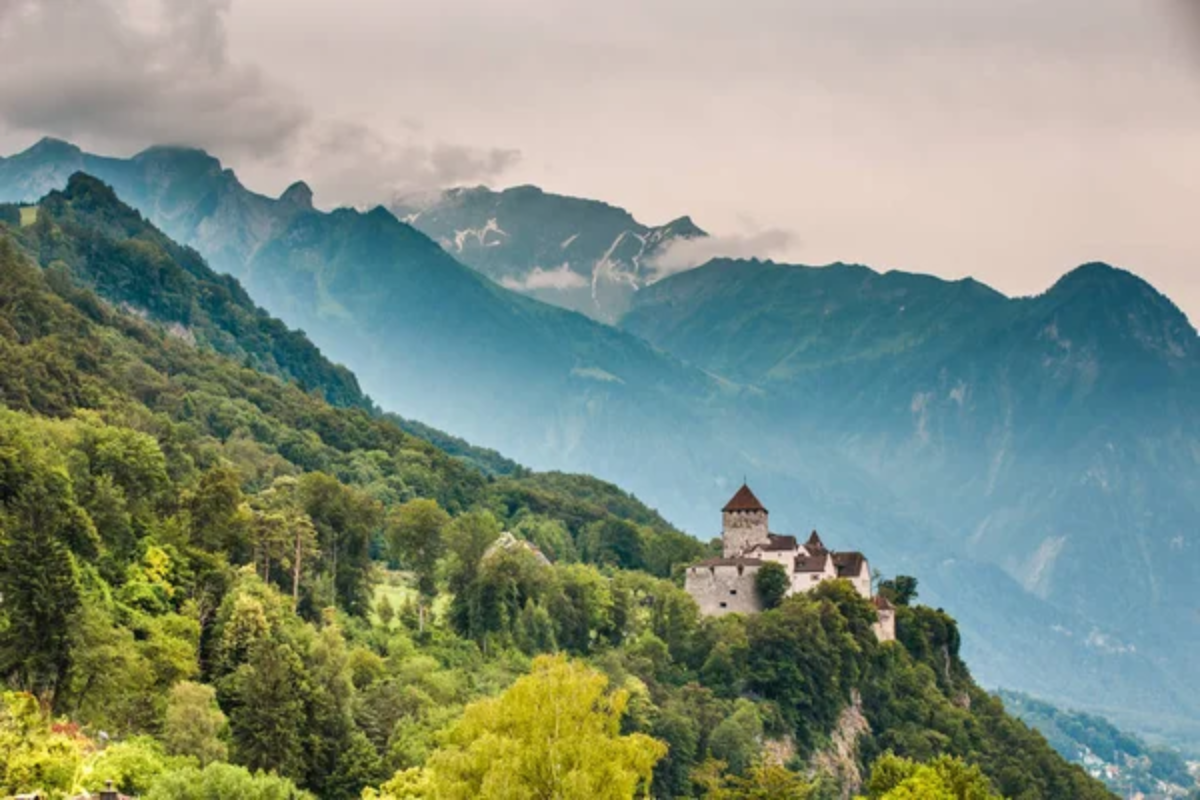
This Alpine microstate wedged between Switzerland and Austria offers medieval castles and world-class hiking trails. The country’s royal family still lives in their hilltop castle, which remains visible from almost anywhere in the capital of Vaduz.
Local vineyards produce distinctive wines from grapes grown on the Rhine Valley’s steep slopes. The nation’s extensive network of hiking trails includes the 47-mile Liechtenstein Trail that connects all eleven municipalities.
The country operates as a major financial center while maintaining strong agricultural traditions.
São Tomé and Príncipe
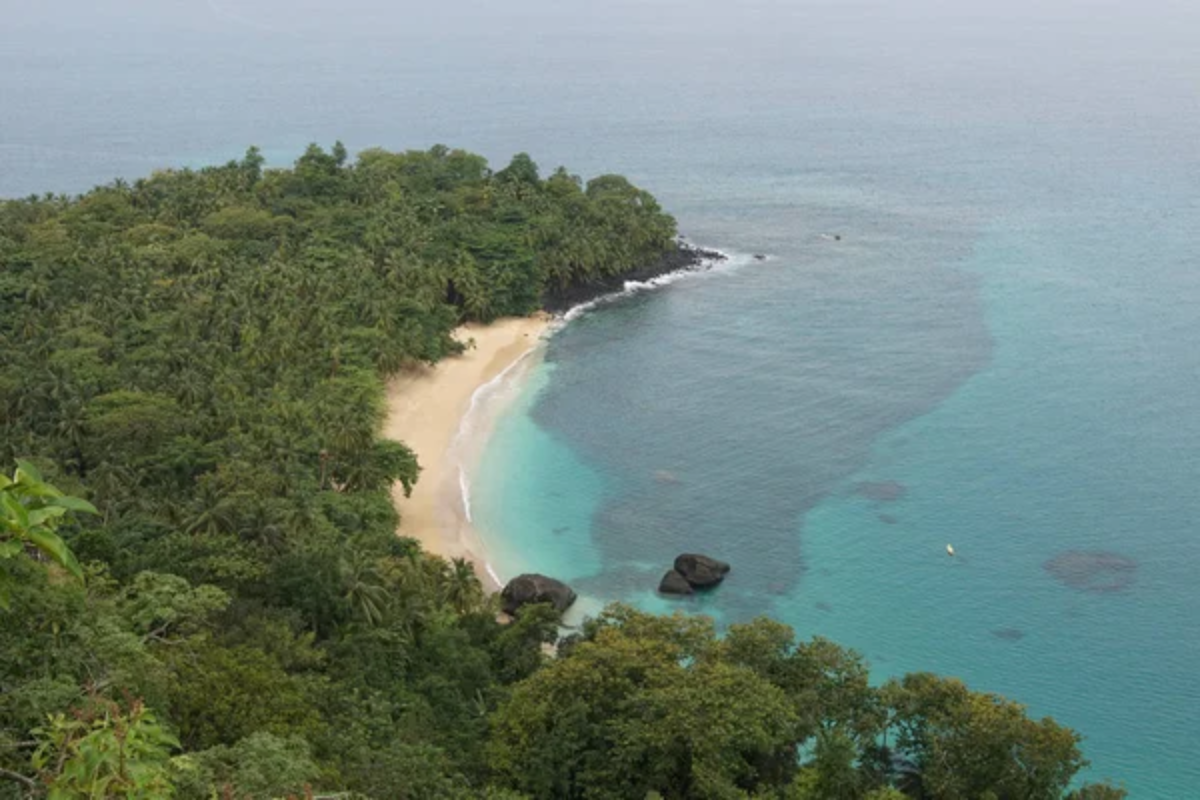
Africa’s second-smallest country consists of two main islands that once served as major cacao producers. Colonial-era plantation houses called roças dot the landscape, slowly being reclaimed by jungle vegetation.
The islands host several species found nowhere else on Earth, including unique birds and orchids. Local chocolate producers are reviving traditional cacao processing methods to create premium organic products.
The nation’s position near the equator creates perfect conditions for both coffee and cacao cultivation.
Like Travel Pug’s content? Follow us on MSN.
Tonga
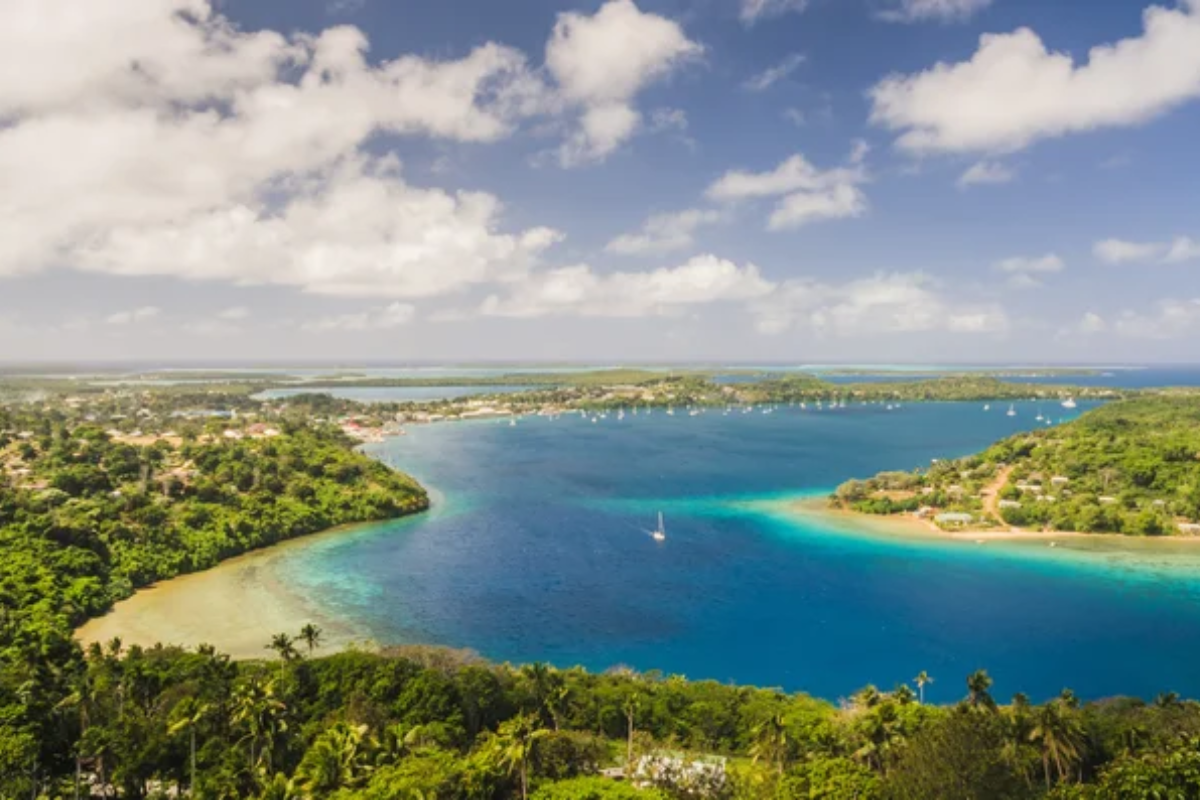
This South Pacific kingdom maintains strong Polynesian traditions while adapting to modern influences. The country spans 169 islands, though only 36 are inhabited, creating numerous untouched tropical paradises.
The kingdom’s unique constitution guarantees every citizen access to land, preserving traditional farming practices. Local waters host migrating humpback whales that can be observed from July to October each year.
The nation remains the only Pacific monarchy that was never colonized by European powers.
Bhutan
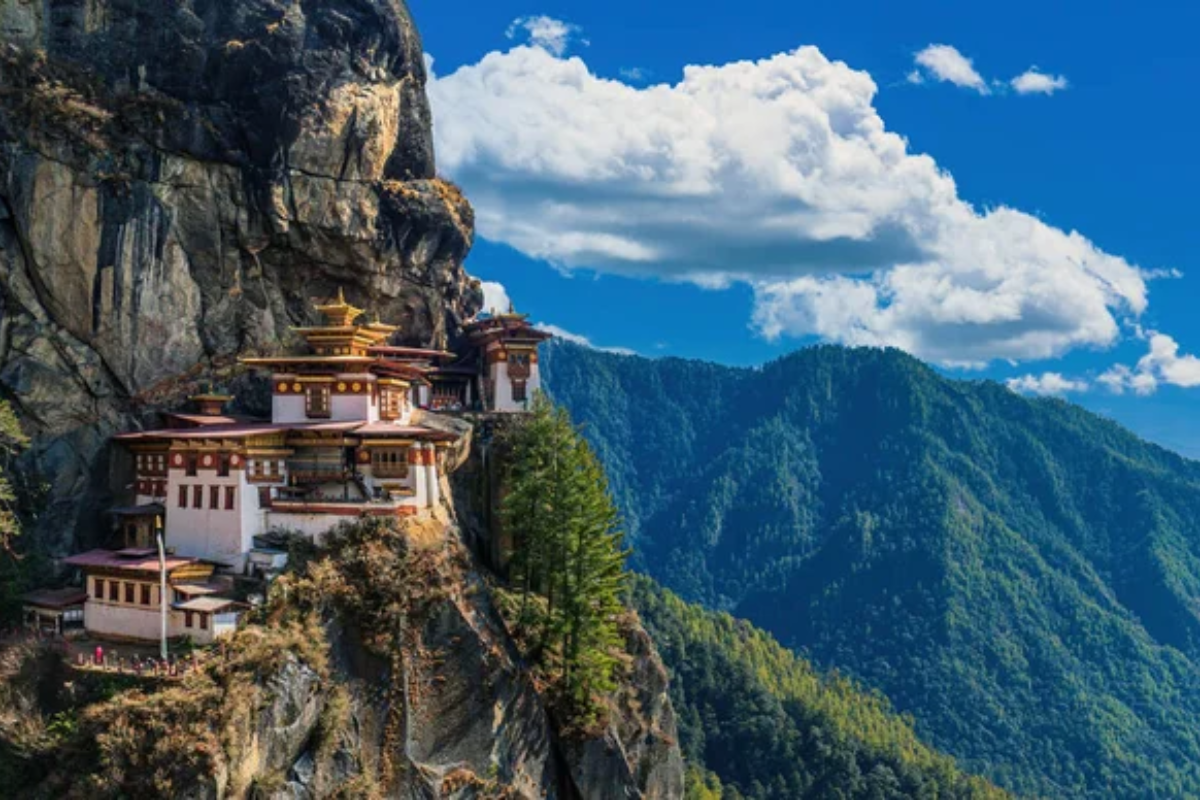
This Himalayan kingdom measures progress through Gross National Happiness rather than economic metrics alone. Traditional Buddhist culture influences every aspect of daily life, from architecture to government policy.
The country requires all buildings to follow traditional design elements, creating remarkable visual harmony. Visitors must book through licensed tour operators and pay a daily fee that includes accommodation and guide services.
The nation’s commitment to environmental protection has made it one of the world’s few carbon-negative countries.
Djibouti
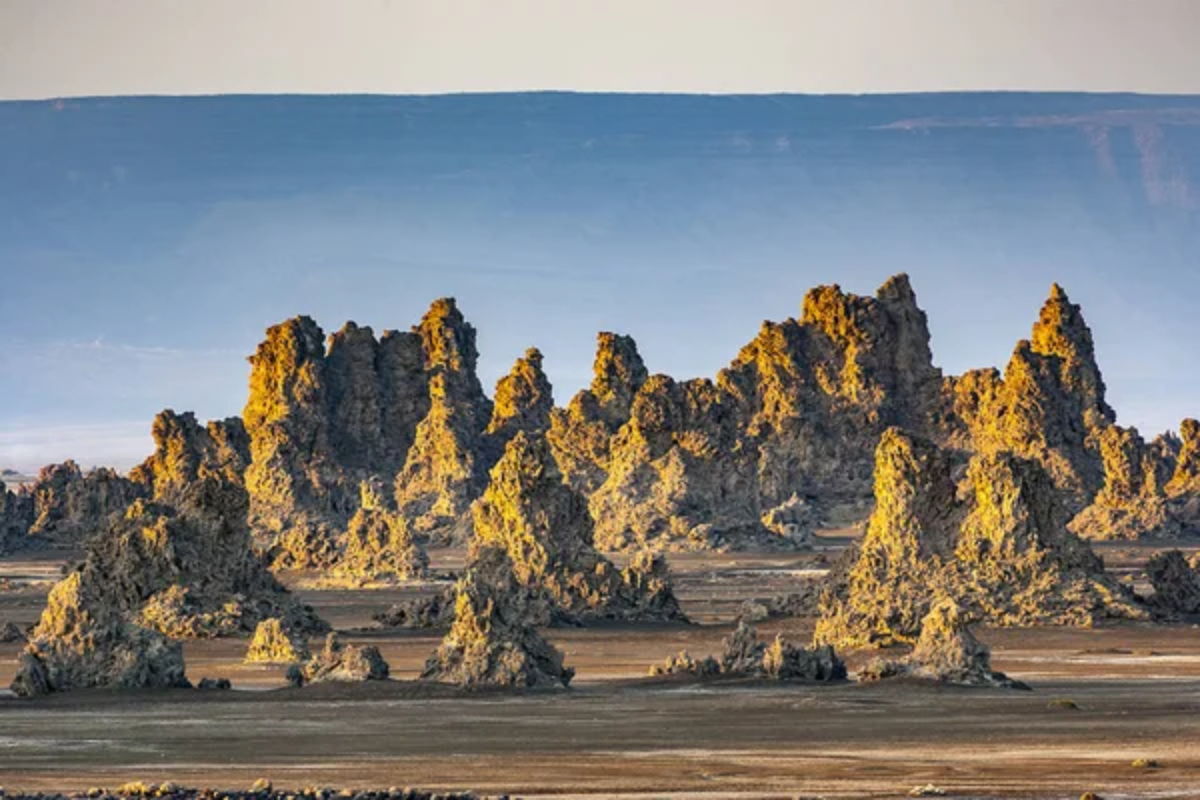
This small nation in the Horn of Africa features otherworldly landscapes shaped by volcanic activity. Lake Assal sits 509 feet below sea level, making it Africa’s lowest point and the world’s largest salt reserve.
The otherworldly landscape of Lake Abbe features limestone chimneys that vent steam into the desert air. Local nomadic communities maintain traditional lifestyles while adapting to the harsh desert environment.
The nation serves as a vital shipping hub while preserving unique geological formations.
Like Travel Pug’s content? Follow us on MSN.
Malta
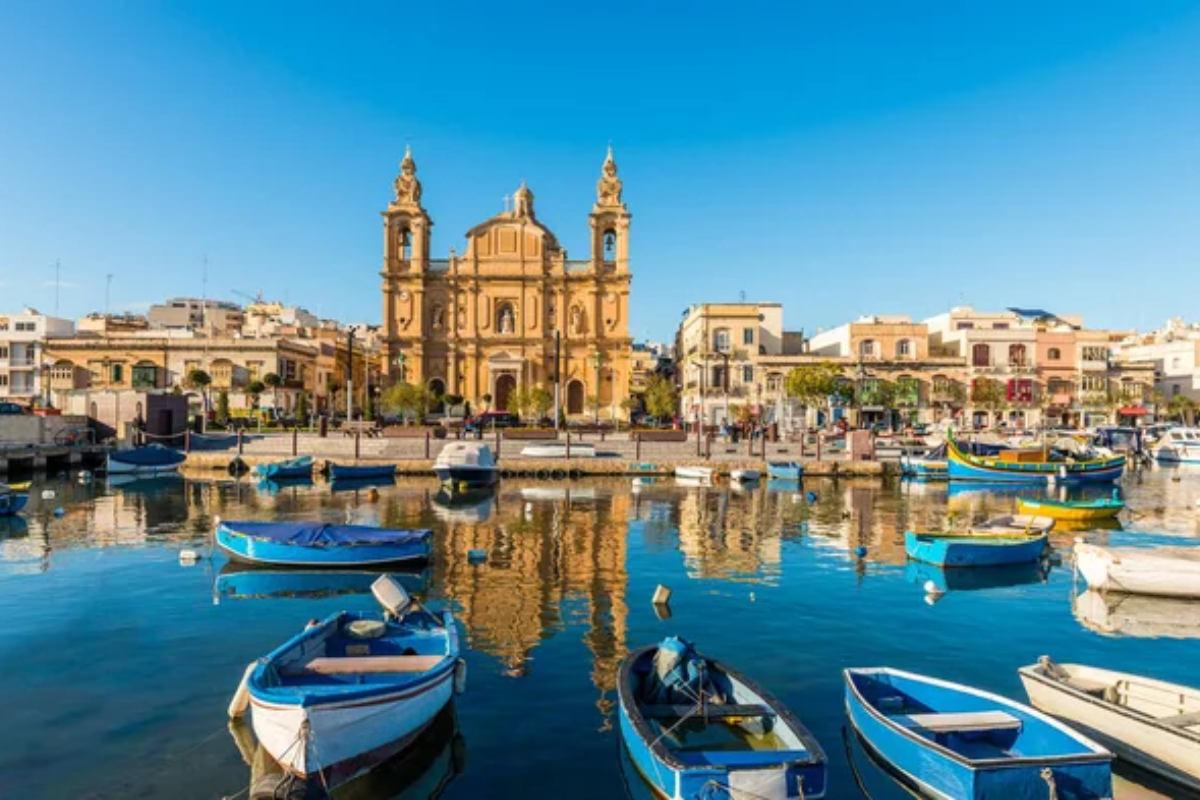
This Mediterranean archipelago packs 7,000 years of history into its compact territory. The capital of Valletta features perfectly preserved baroque architecture from the Knights of St. John period.
Ancient temple complexes predate the Egyptian pyramids and showcase remarkable architectural achievements. The islands feature distinctive enclosed wooden balconies that add color to historic streetscapes.
Local fishing villages maintain traditional practices while adapting to modern tourism.
Eswatini
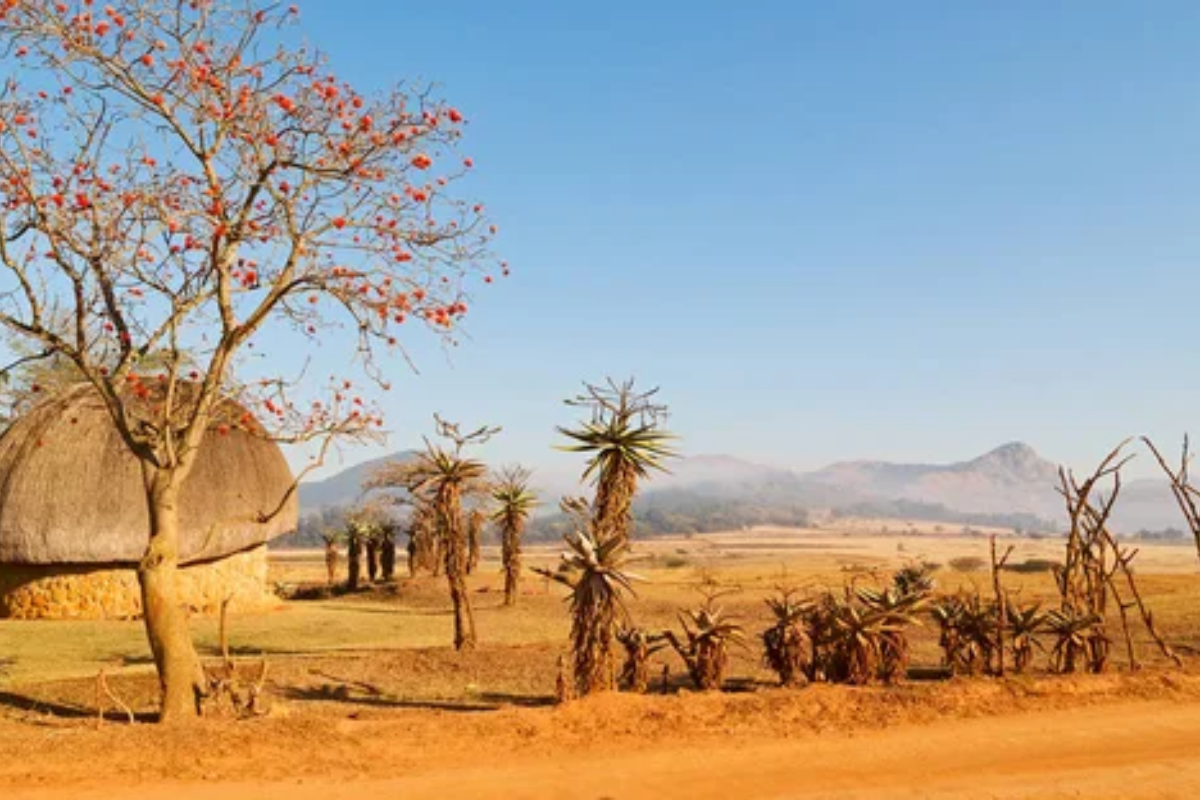
This landlocked kingdom between South Africa and Mozambique maintains strong traditional governance alongside modern development. Annual reed dances bring thousands of participants together to celebrate cultural heritage and royal traditions.
The country’s game reserves offer intimate wildlife viewing without the crowds found in larger parks. Local artisans produce distinctive candles and glass that blend traditional patterns with contemporary design.
The nation preserves traditional monarchy while embracing economic modernization.
Palau
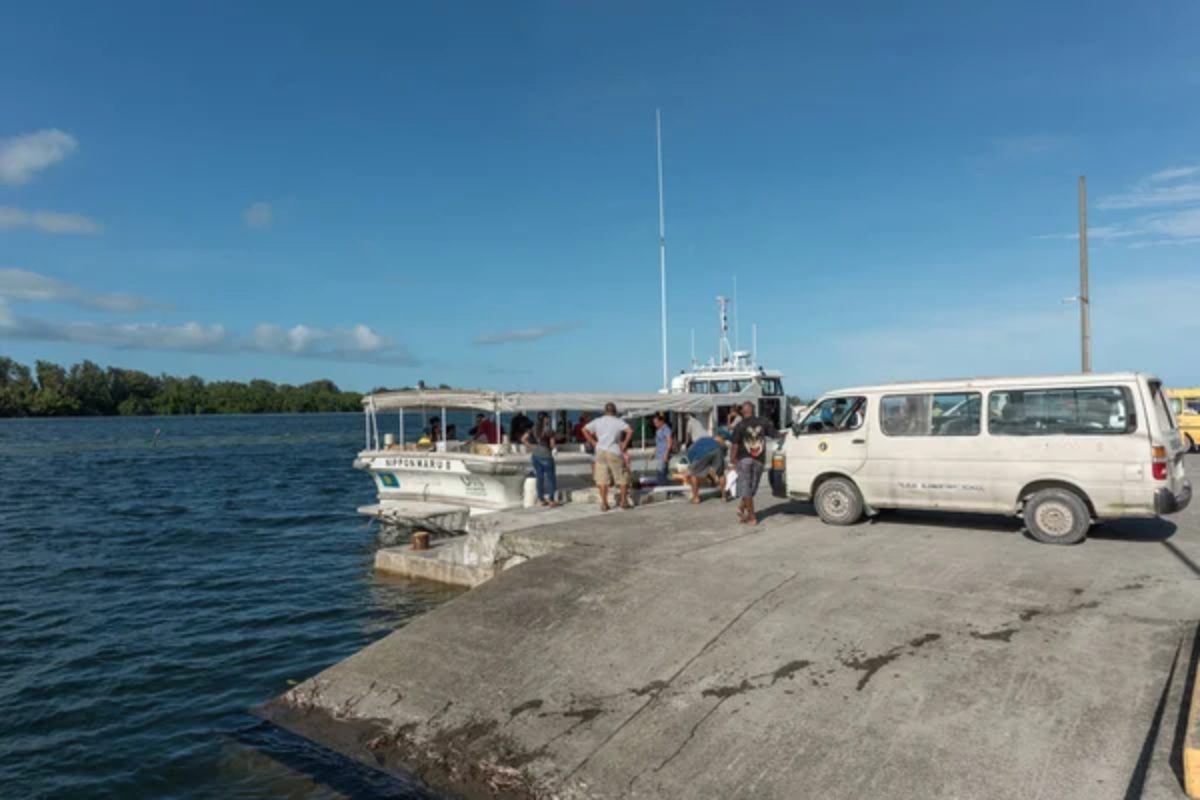
This Pacific nation consists of 340 islands featuring some of Earth’s most diverse marine environments. The country created the world’s first shark sanctuary and requires visitors to sign an environmental pledge upon entry.
Traditional villages called bai feature distinctive architecture and serve as community gathering spaces. The islands include unique marine lakes filled with millions of harmless jellyfish.
The nation balances tourism development with strong environmental protection measures.
Like Travel Pug’s content? Follow us on MSN.
Timor-Leste
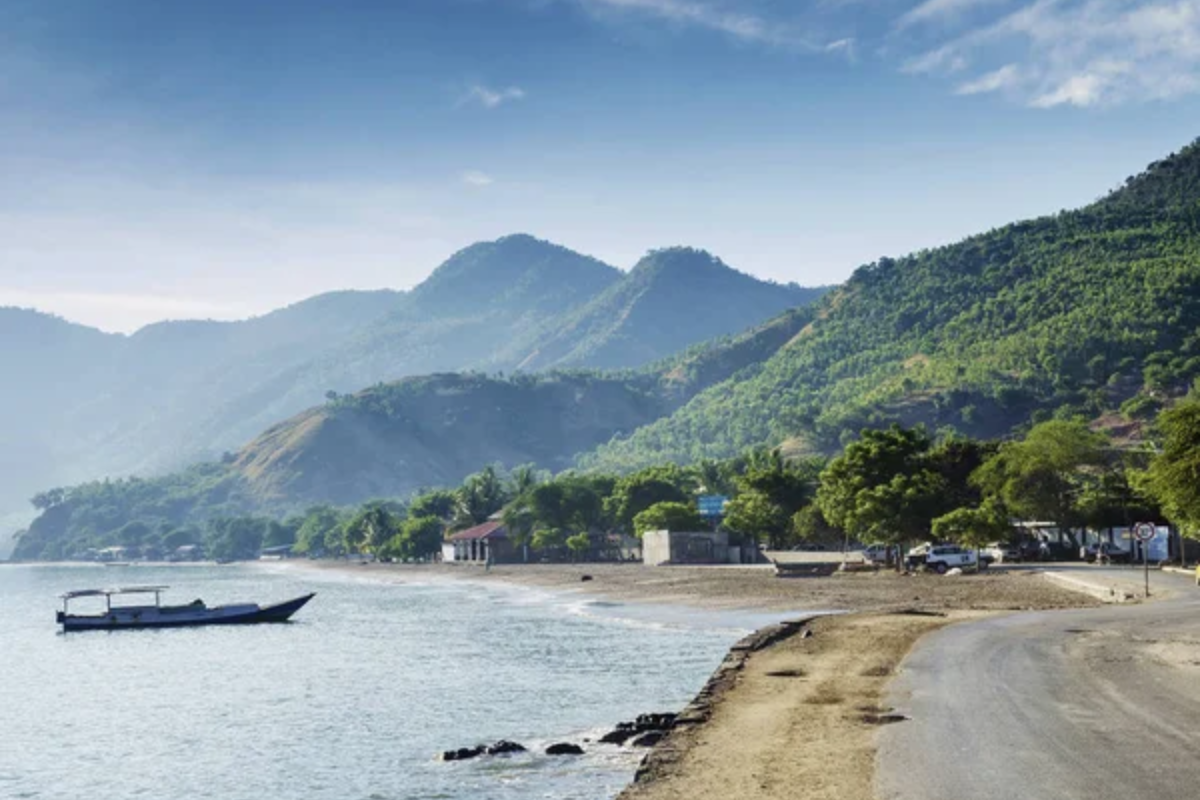
Southeast Asia’s youngest nation combines Portuguese colonial heritage with indigenous traditions. The waters off Atauro Island host more species of reef fish than any other place on Earth.
Traditional textile weaving produces distinctive tais fabric used in ceremonies and daily life. The country’s coffee plantations produce premium organic beans exported worldwide.
The nation’s recent independence has created unique opportunities for sustainable tourism development.
Andorra
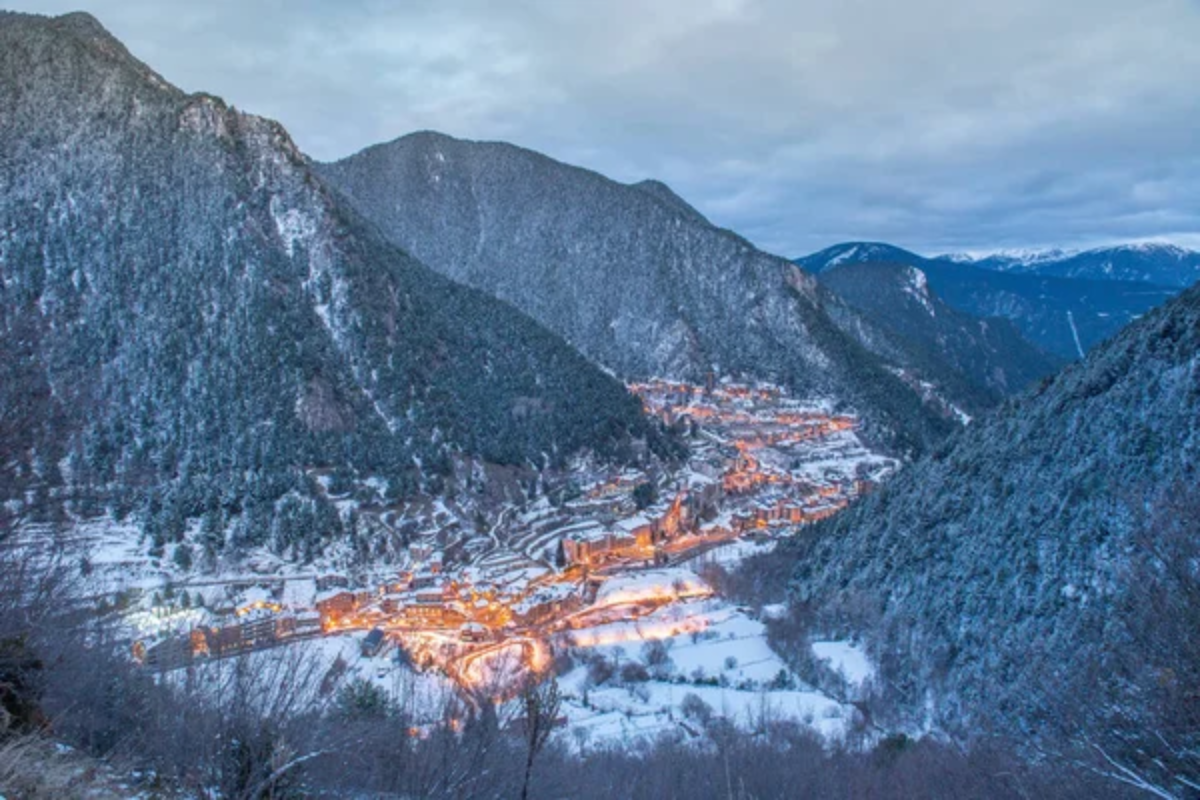
This microstate in the Pyrenees Mountains offers world-class skiing and duty-free shopping. The country maintains Catalan as its official language while blending French and Spanish influences.
Medieval churches feature distinctive Romanesque architecture with stunning mountain backdrops. The nation’s high altitude creates perfect conditions for both winter sports and summer hiking.
Traditional mountain farming practices continue alongside modern tourism development.
Grenada
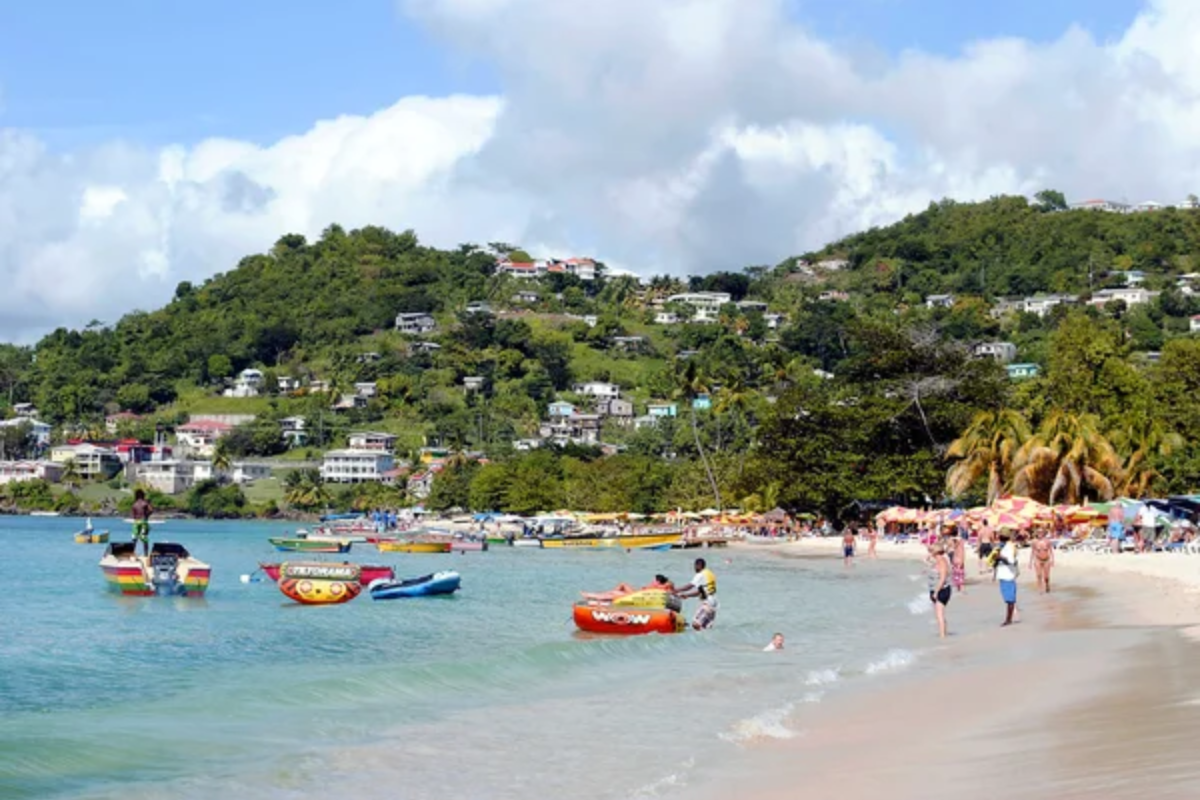
This Caribbean nation produces 20% of the world’s nutmeg, earning its nickname as the ‘Spice Isle.’ The country features both pristine beaches and lush rainforest hiking trails in its compact territory.
Local chocolate producers create premium products from tree to bar using traditional methods. The underwater sculpture park provides unique diving experiences while creating artificial reefs.
The nation’s distinctive cuisine blends African, French, and Indian influences.
Like Travel Pug’s content? Follow us on MSN.
Cape Verde
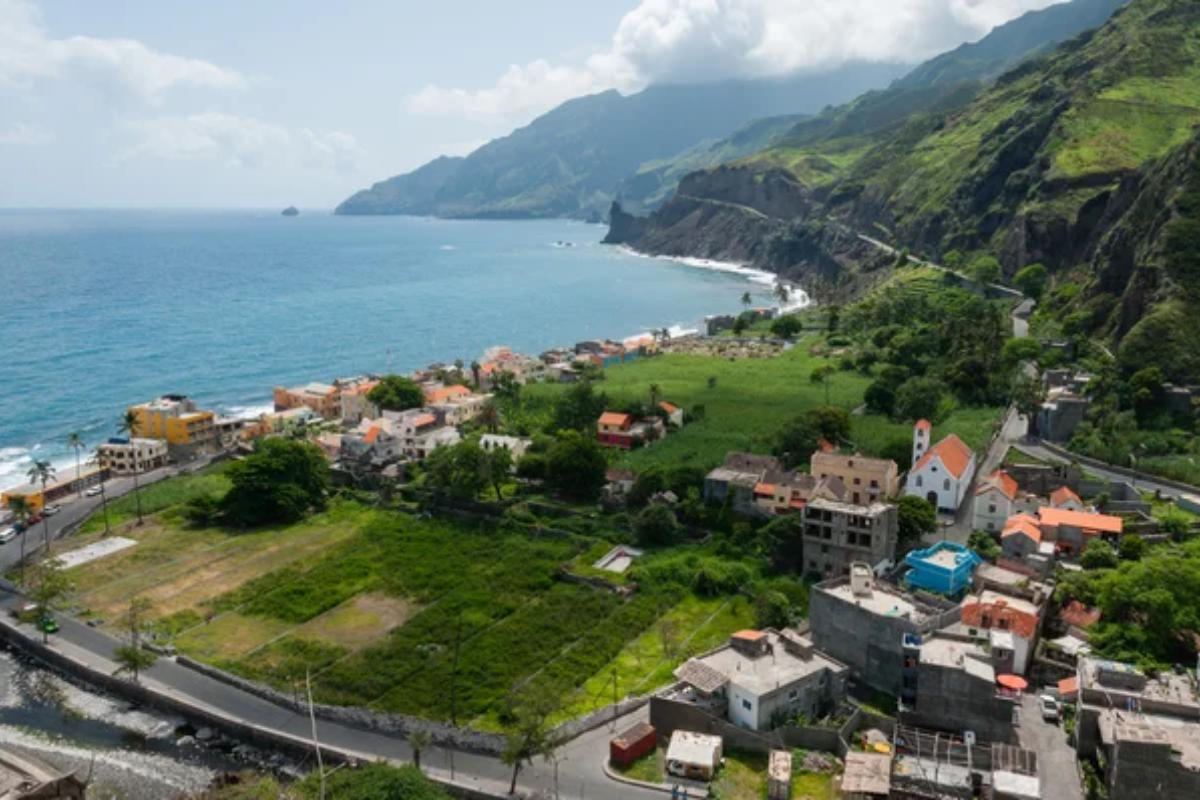
This Atlantic archipelago combines African and Portuguese influences into a unique cultural blend. The islands feature distinctive music styles, including morna, which was made famous by singer Cesária Évora.
Local communities maintain traditional grogue distilling practices using sugar cane grown on volcanic slopes. The nation’s position creates perfect conditions for both beach tourism and water sports.
Traditional stone houses called funcos preserve ancient building techniques.
Montenegro
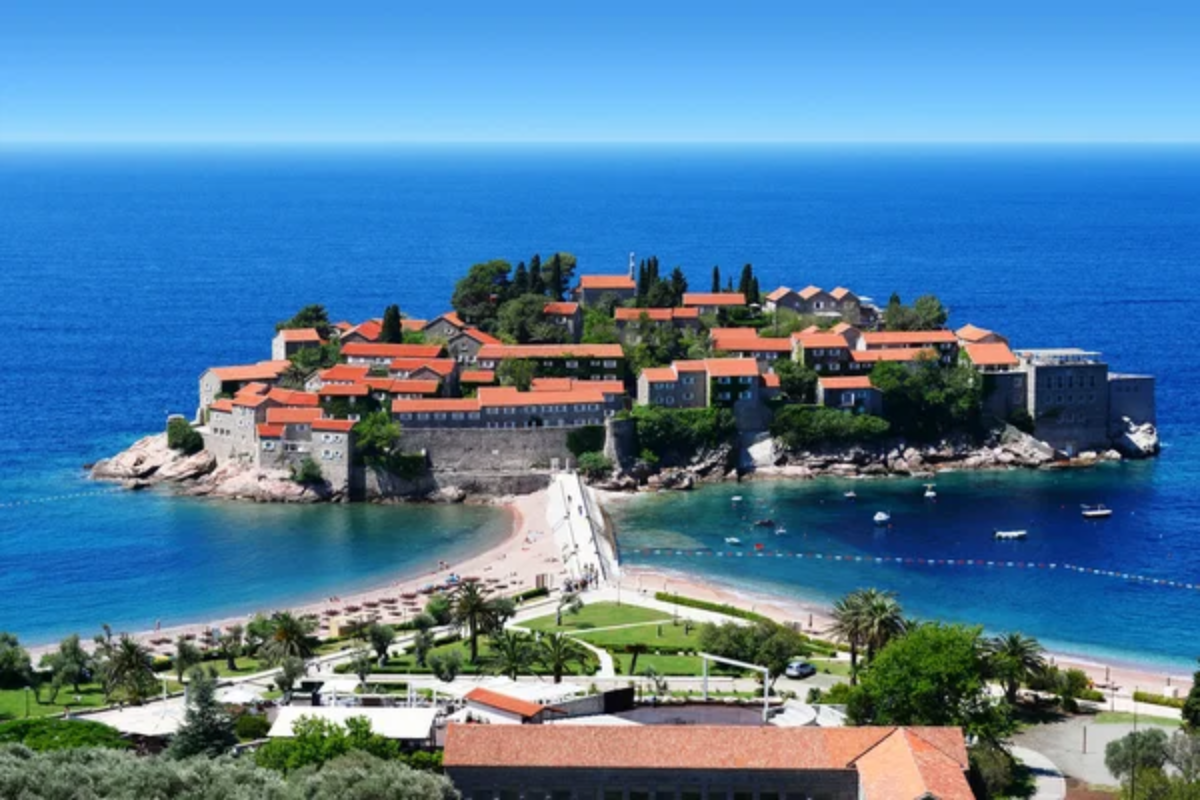
This Balkan nation packs diverse landscapes from Mediterranean beaches to alpine peaks into its small territory. The Bay of Kotor features perfectly preserved medieval towns surrounded by dramatic limestone cliffs.
Traditional fishing villages maintain wooden boats called kalimera, which are used for small-scale fishing. The country’s national parks protect some of Europe’s last virgin forests and deepest canyons.
Local communities preserve distinctive food traditions, including mountain cheese and prosciutto production.
Bahrain
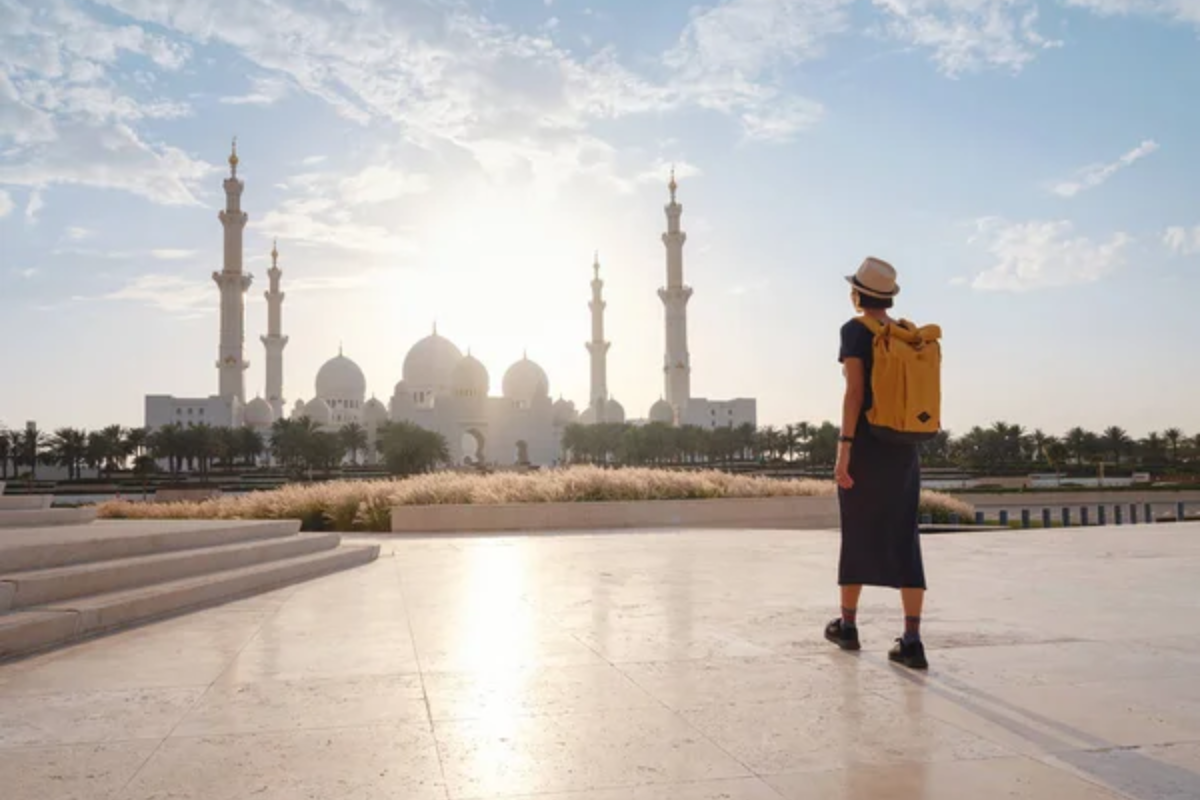
This Arabian Gulf archipelago combines ancient history with ultra-modern development. The country features thousands of ancient burial mounds that create an otherworldly landscape.
Traditional pearl diving history is preserved in multiple museums and heritage sites. The nation hosts both Formula One racing and traditional dhow sailing competitions.
Local artisans maintain distinctive pottery traditions using local clay.
Like Travel Pug’s content? Follow us on MSN.
Kiribati
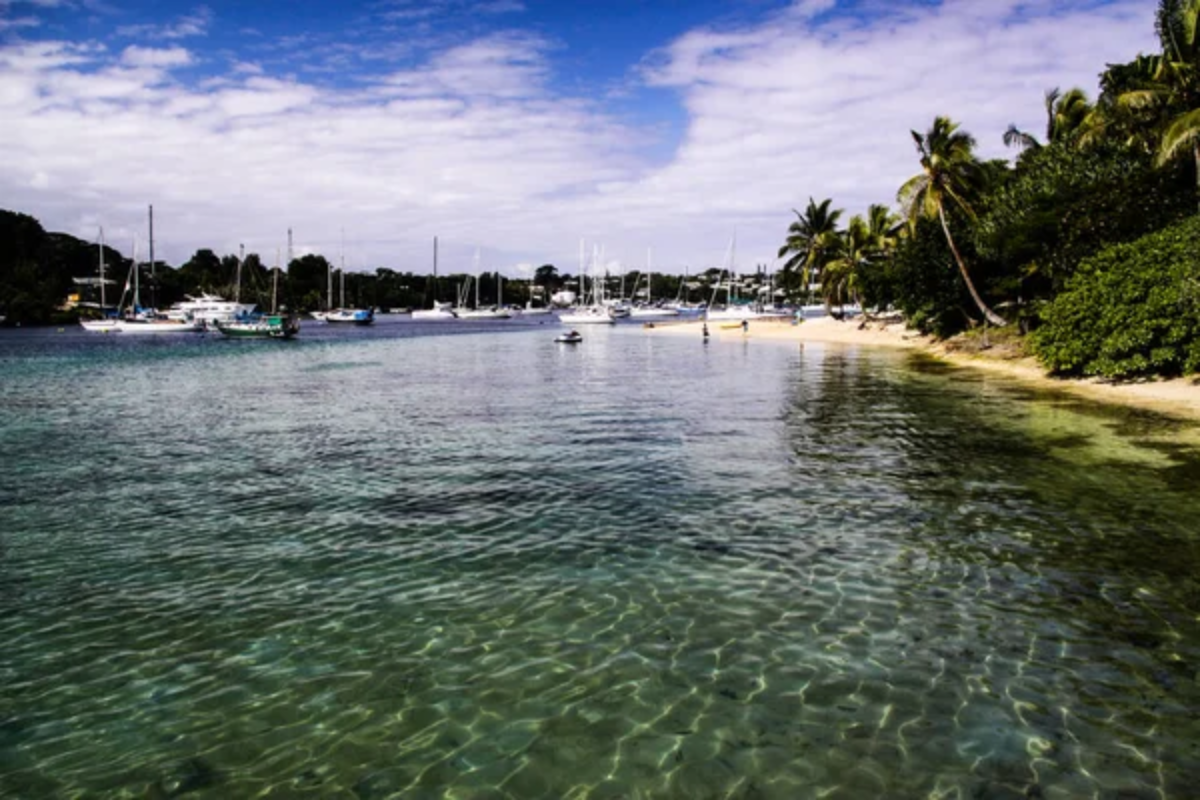
This Pacific nation spans all four hemispheres across 33 coral atolls and one raised coral island. The country’s position along the international date line makes it the first place on Earth to see each new day.
Traditional navigation techniques using stars and wave patterns are still taught to young sailors. The nation preserves distinctive dance traditions that tell stories through complex hand movements.
Local communities maintain sustainable fishing practices that have been passed down through generations.
Luxembourg
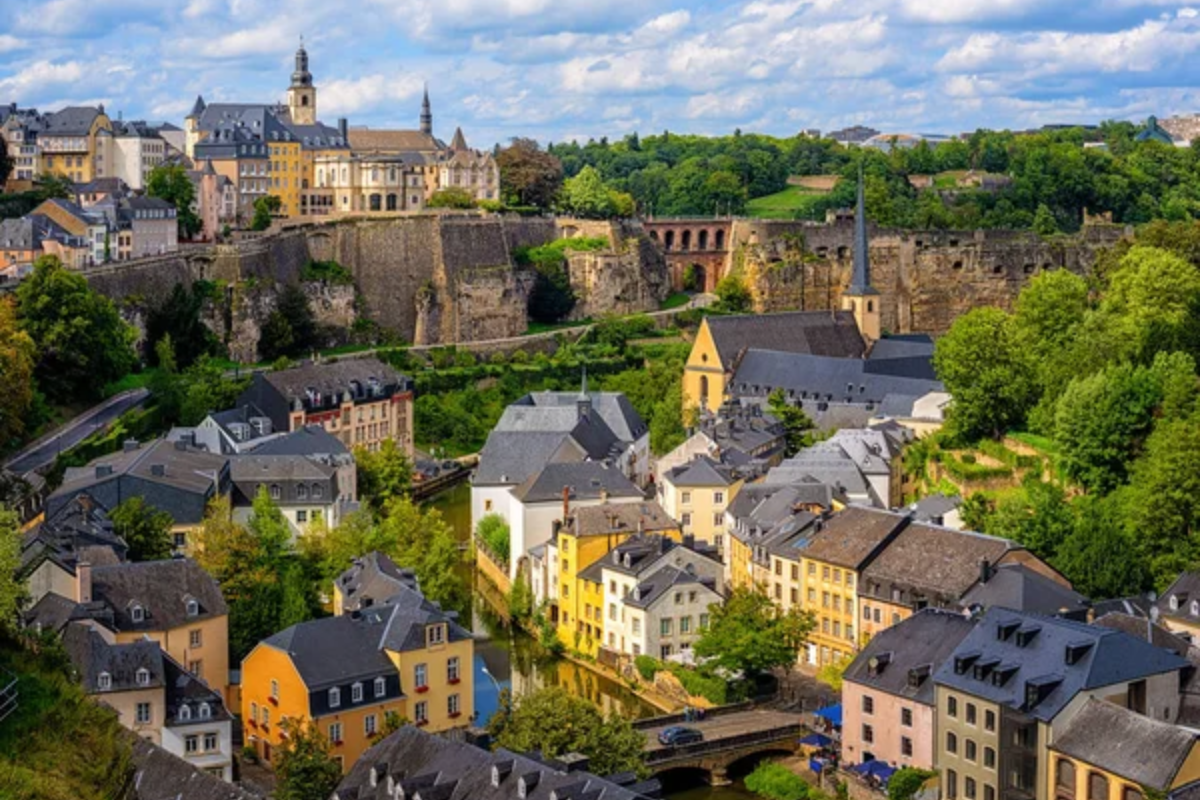
This European duchy combines medieval heritage with modern financial services. The capital features remarkable fortifications carved into cliff faces over centuries of development.
Local wine producers create distinctive sparkling wines along the Moselle River valley. The nation maintains three official languages while preserving unique local dialects.
Traditional festivals celebrate ancient customs with modern interpretations.
Seychelles
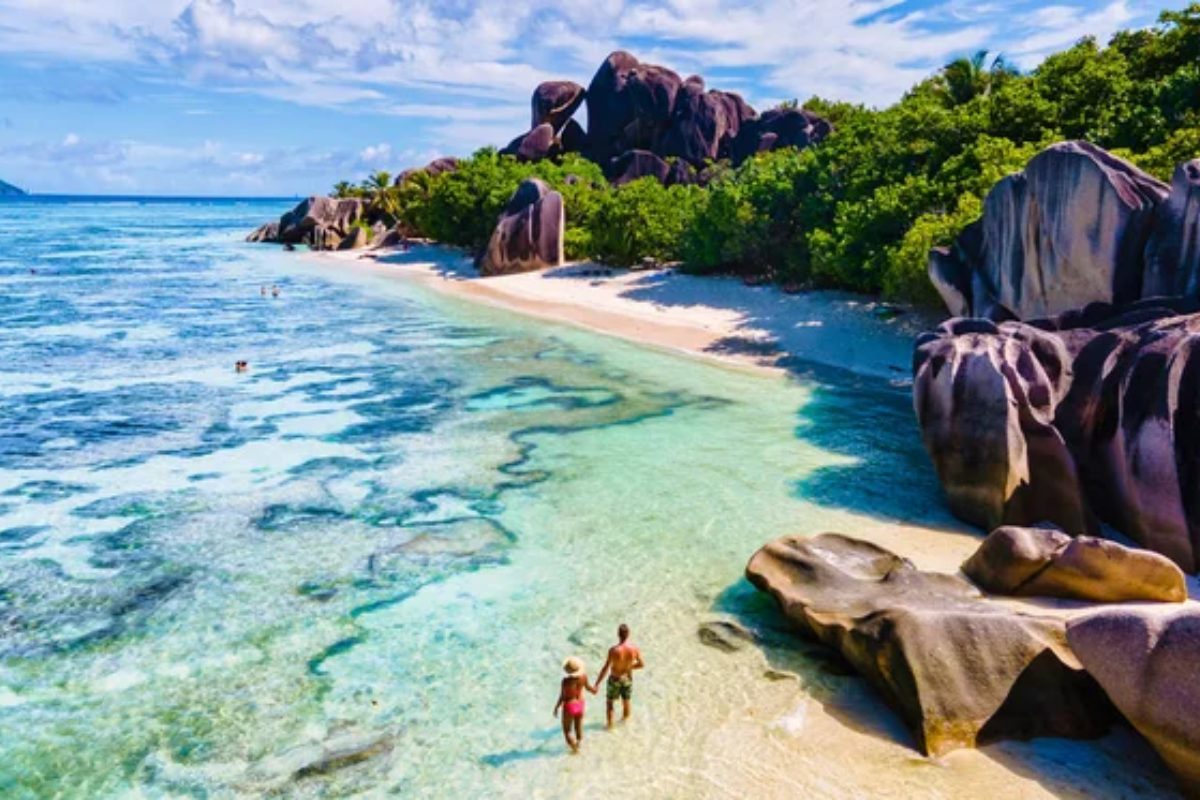
This Indian Ocean archipelago features unique granite formations alongside pristine beaches and coral reefs. The islands host several species found nowhere else, including the distinctive coco de mer palm.
Local Creole culture blends African, European, and Asian influences into unique customs and cuisine. The nation leads marine conservation efforts while developing sustainable tourism.
Traditional architecture features distinctive steep roofs and wraparound verandas.
Like Travel Pug’s content? Follow us on MSN.
Essential Experiences in Small Places
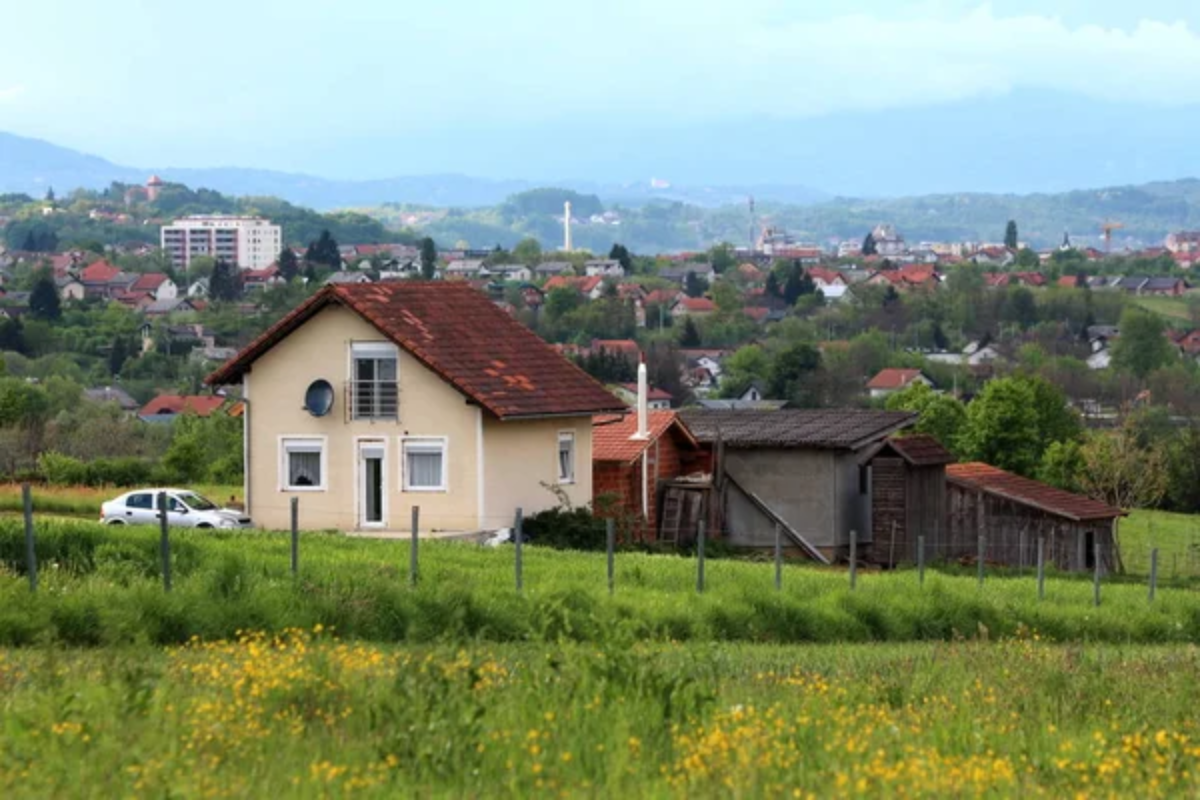
These compact nations prove that remarkable travel experiences don’t require vast territories. Their smaller size often allows for more authentic cultural interactions and unique adventures.
Modern travelers increasingly seek out these lesser-known destinations for distinctive experiences away from mainstream tourism. These small countries demonstrate that sometimes the most memorable journeys come in compact packages.
More from Travel Pug

- 20 Towns Built for One Purpose That Were Later Abandoned
- 15 Hidden Spots in Disney World’s Magic Kingdom Most Visitors Miss
- 20 Photos of the World’s Most Beautiful Glacial Lakes
- 15 Canyons in the U.S. That Are Just as Stunning as the Grand Canyon
- 10 Under-the-Radar Mountain Towns That Are Both Affordable and Beautiful
Like Travel Pug’s content? Follow us on MSN.
